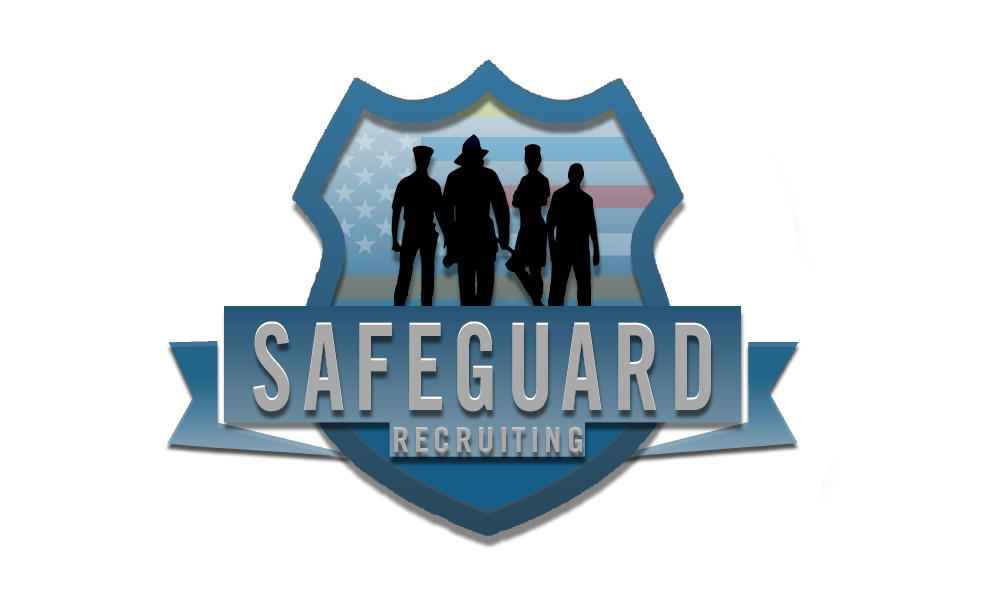I opened this series of articles up by telling you that law enforcement has not really recruited in the past and while I understand that may have insulted many of you that has been involved in recruiting over the years, it is important to see this issue from a vastly different perspective if we intend to improve. While we have “recruited” from agency to agency, the time has past for us to begin to actually recruit to the profession.
It may seem like an impossible task. The political climate, combined with the defund movement and the increase of violence against law enforcement seems like recruiting and thus staffing to an adequate level is lost but it is not…..as long as we think about a different strategy.
The good news about police recruiting, is that we don’t have to recruit every future police officer. Depending on what community you are in, recruitment in law enforcement revolves around the 70/30 rule.
70% of the future police officers know they are going to be police officers. The traditional view of recruiting will work for this group because as I said earlier, we don’t recruit to the profession but we recruit to the agency. That’s why we should hold on to some of those traditional recruiting efforts but if we rely on those alone, we will never recruit the 30% of future cops that need to actually be recruited.
I decided to speak up about recruiting because of that 30%.
We must stop blaming others for the lack of recruiting and get busy with doing it.
What We Can Learn From The United States Military
Fortunate for policing, the United States Military has been dealing with similar issues and just like law enforcement, they cannot afford to be understaffed. A considerable amount of money and resources are spent on military recruiting and while no one reading this has millions to spend on recruiting, it is just as important to follow the military lead on how they spend their time and money.
The Department of Defense spends a ton of effort on understanding the recruiting environment. Rather than simply throwing money at various ideas, they conduct market research to understand current trends and perceptions among those they intend to recruit. As generations pass, recruiting efforts and strategies have changed based on this research.
The recruiting slogan for the Army from 1950-1970 was “Look sharp, be sharp, Go Army!” but appearance wouldn’t sell today. From 1980-2001, the slogan was “Be all you can be” and it has changed from there. Obviously, the military recruiting strategy is far more more complicated than a slogan but the point is that they are not stagnant. They constantly try to learn what the needs of their candidates are and how a recruiting strategy needs to be adapted to reach that group.
Agencies Must Research Now
I don’t expect you to conduct research on the scale of the United States Military but it makes sense to understand what the 30% are thinking about law enforcement. This can be done through students in your local high schools and colleges or just about anywhere your qualified candidates are.
What keeps them from entering law enforcement?
What matters most to them in a future career?
What is important to them in a future career? (salary, days off, support, etc.)
Strategies To Implement Now
I will be discussing a specific shift in law enforcement recruiting strategy in the articles to come but there are some concepts that we should be considering now.
Recruiters Must Engage Early
Law enforcement must stop waiting for a need to launch a recruiting campaign. The military recruits year around and law enforcement must do the same. Whether you have an upcoming academy or not, nothing keeps you from recruiting and gathering potential candidates and this should be done beginning in High School. Granted, they may be several years away from being eligible but we must grab their attention early and keep their attention as they progress through a decision on a future career.
We Must Reimagine Our Community Outreach
Community policing is a powerful tool in crime fighting but it can also be a powerful tool in attracting future police officers. The military has longed supported the JROTC program in schools. They involve kids that are not yet eligible to job the military but according to the Defense Authorization Act that funds the program, it is designed to “instill in students in United States secondary educational institutions the values of citizenship, service to the United States (including an introduction to service opportunities in military, national, and public service), and personal responsibility and a sense of accomplishment.”
Citizen Police Academies, Junior Police Academies or Explorer Programs should be much more than simply a “feel good” program to gain support for law enforcement but it should serve as an early olive branch to plant the seed that law enforcement is a career for them. Following my first article in this series, an officer reached out to me and said they have been recruiting for 30 years because they do community policing. While community engagement and thus policing is mandatory in any progressive agency, if we are honest we simply do not approach that as a recruiting strategy. It’s time we begin to do that.
Recruiters Must Have The Ability To Recruit
The military doesn’t just assign full time recruiters but they select personnel that have the talent and training to do that job. Recruiting is a specialized position and if law enforcement is going to be successful, they must take this position seriously whether it’s full time or part time.
Leverage Technology For Leads
The military has identified their failure in prioritizing their leads and time spent in recruiting and they have grasped technology to help them. Whether this is a digital campaign that actually finds qualified candidates or software that helps gather and analyze potential recruits, the time and resources spent on recruiting must matter.
Benefits That Matter
Law Enforcement Agencies love to tout their salary and benefits to potential recruits but is that the main motivation where most other careers can beat us in this category? Research today tells us that pay is not the primary motivator and while it is certainly important, agencies should highlight the benefits that may matter more to potential recruits. I will discuss what matters most in a future article and that must be a priority in your recruiting strategy.
Use a Professional Recruiting Agency
Law enforcement has done a remarkable job at recruiting in recent decades and it has worked but the environment is vastly different today and that may require a different perspective and approach. Many agencies have recognized the need to implore advertising agencies or web services to help with recruiting but is that a good return on your investment? I recently saw a company touting a “new” website to help police recruit but do we seriously believe that someone compares websites and decides to enter law enforcement? Granted, a digital footprint is important but are we focusing on what is the most important for attracting candidates? Are those strategies providing the recruits that you need? If your current strategy is lacking recruits, you can assume that it is not working and we must change directions.
Recruiting is much more than a Facebook post or online advertisement and it’s certainly more than attracting more views to your website. Digital advertisement agencies are very good at “marketing” but do they provide the necessary amount of recruits that you need to provide a safe environment for your community.
Law enforcement has a bad habit of simply throwing money at a problem and believing it will be fixed. No amount of money will fix our recruiting issue if it isn’t spent the appropriate way.
A huge problem today is that there are very few recruiting agencies that cater to law enforcement and our specific needs. Law enforcement recruiting will never succeed by implementing a cookie-cutter strategy used in other professions and there is very little incentive for an existing recruiting firm to change their strategy just for our profession.
I’ve spoken in the past about how impressed I am with SAFEGUARD Recruiting. They hit many of the points that I have mentioned here and much more. I have spoken to their president on several occasions and I am excited that their focus is solely on law enforcement and have been so willing to work with agencies of all sizes and all budgets.
There may be other professional firms and you may be doing much of the same work but if we are serious about fixing this recruiting crisis, SAFEGUARD Recruiting is certainly one company that I would talk with.







